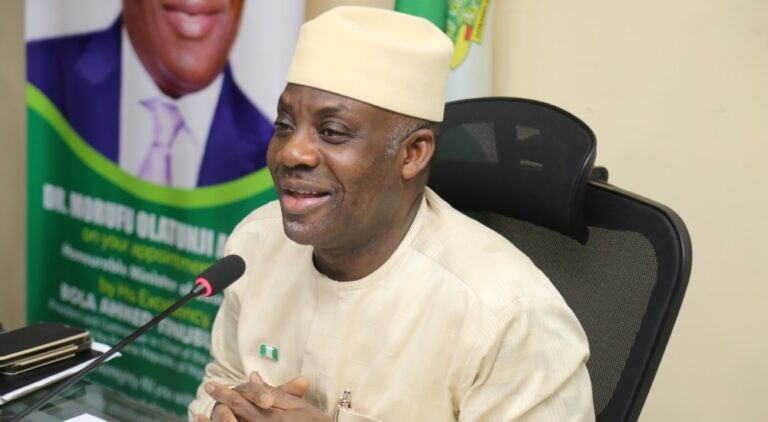On a Monday in Abuja, the Federal Government unveiled a bold new initiative aimed at transforming Nigeria’s development story — not through foreign aid or policy declarations, but by reconnecting with its greatest untapped asset: its global citizens.
The Diaspora BRIDGE platform — Bridging Research, Innovation, Development & Global Engagement — was formally launched with Vice President Kashim Shettima hailing it as “a strategic alignment of global expertise with national priorities.” The project, backed by the Federal Ministry of Education under Dr. Maruf Tunji Alausa, offers a structured, tech-enabled approach to harness the skills and knowledge of Nigeria’s estimated 18 million diaspora professionals.
For decades, Nigeria’s diaspora has been an economic powerhouse, remitting over $20.5 billion in 2024 alone — more than the country’s foreign exchange earnings from crude oil. But BRIDGE recognizes a deeper truth: remittances are personal lifelines, not systemic solutions. While they help families survive, they rarely build institutions, improve policy, or drive long-term development. That’s where BRIDGE comes in.
The platform offers a digital portal where professionals abroad — from surgeons and scientists to technologists and creatives — can register, declare their expertise, and be matched with institutions in Nigeria that need their input. Whether it’s co-teaching a semester, mentoring engineering students, or collaborating on public health research, BRIDGE creates a pipeline between demand and supply — with logistics like flights and accommodation covered, and contributions offered voluntarily.
The early numbers are promising. In just weeks, over 3,500 diaspora professionals have signed up from countries including Canada, the US, Germany, and the UK. They include experts from institutions like the Mayo Clinic, JP Morgan, Siemens, and Toronto General Hospital — eager to give back, not with speeches, but with service.
What makes BRIDGE even more ambitious is its reach beyond education and health. Plans are underway to expand it into agriculture, renewable energy, the creative industries, and climate science — areas where Nigeria is ripe for transformation.
However, the road ahead is not without hurdles. From limited broadband and erratic electricity to a history of unfulfilled promises, skepticism remains. A recent survey showed over 40% of diaspora professionals were hesitant to engage with Nigerian institutions due to fears of corruption, lack of follow-up, or politicization.
To succeed, BRIDGE must go beyond goodwill. It must deliver. That means publicly tracking engagements, issuing quarterly reports, and fostering trust through transparency and accountability.
Other countries have shown the way. India raised over $11 billion through diaspora bonds to stabilize its economy. China’s “Thousand Talents” programme brought back hundreds of innovators to spearhead tech growth. South Korea turned its diaspora into a competitive advantage across sectors.
Now, Nigeria has a chance to write its own success story — one built not on oil or handouts, but on the brainpower of Nigerians scattered across the globe. If BRIDGE stays on course, and if a proposed $10 billion diaspora investment fund takes shape, it could become the cornerstone of a new national development model.
As the speeches ended and the cameras went dark in Abuja, one thing felt different: this time, the diaspora wasn’t being courted with slogans — it was being invited into a plan. A serious, strategic, and potentially transformative one.


